John Locke (1632-1704), the English philosopher, has had a wide-ranging influence on modern political thought. Locke’s political philosophy is based on the premise that by nature human beings are equal and that therefore no-one is under the authority of another unless by his own consent. In Locke’s view, natural law constitutes and protects rights of life, liberty and property.
His writings are a turning point in the theory of natural rights, linking constitutionalism and toleration. The impact of his ideas can be seen in the American constitution, in the French Revolution and in the development of modern liberalism. His theory of property is a basis for modern discussion of the subject and its emphasis on labour as a source of value and entitlement forms the background for the later economics of both Adam Smith and Karl Marx.
The articles contained in these volumes have been carefully selected in order to put Locke’s work in a wider context. They explore various aspects of Locke’s political theory and investigate his theories on property, natural law, the ?state of nature’ and toleration.


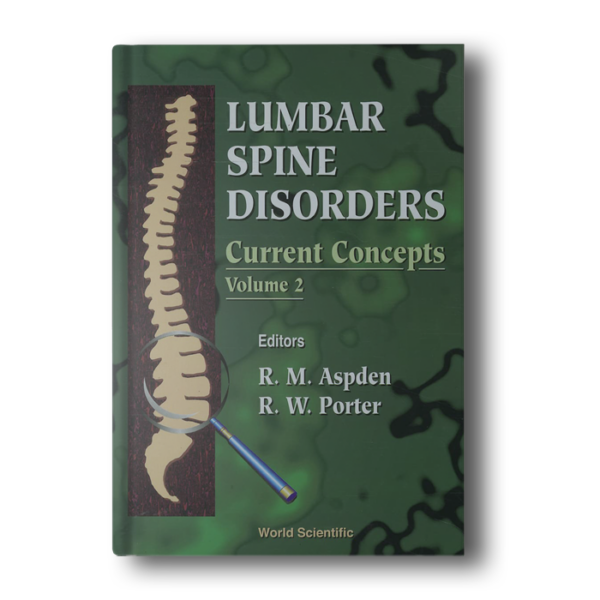
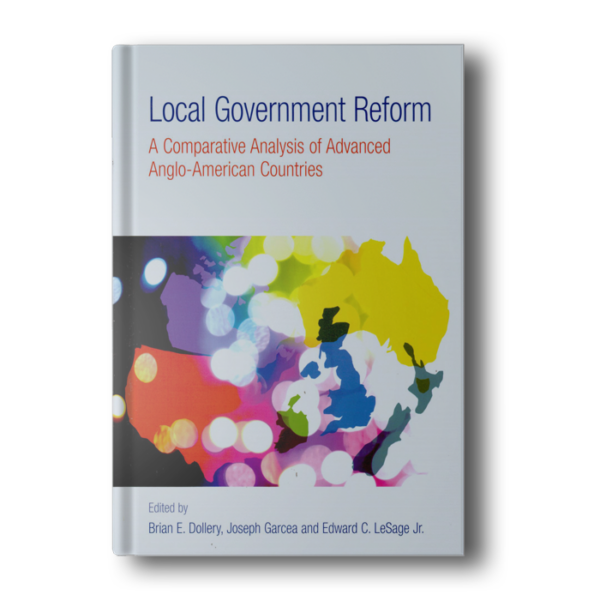














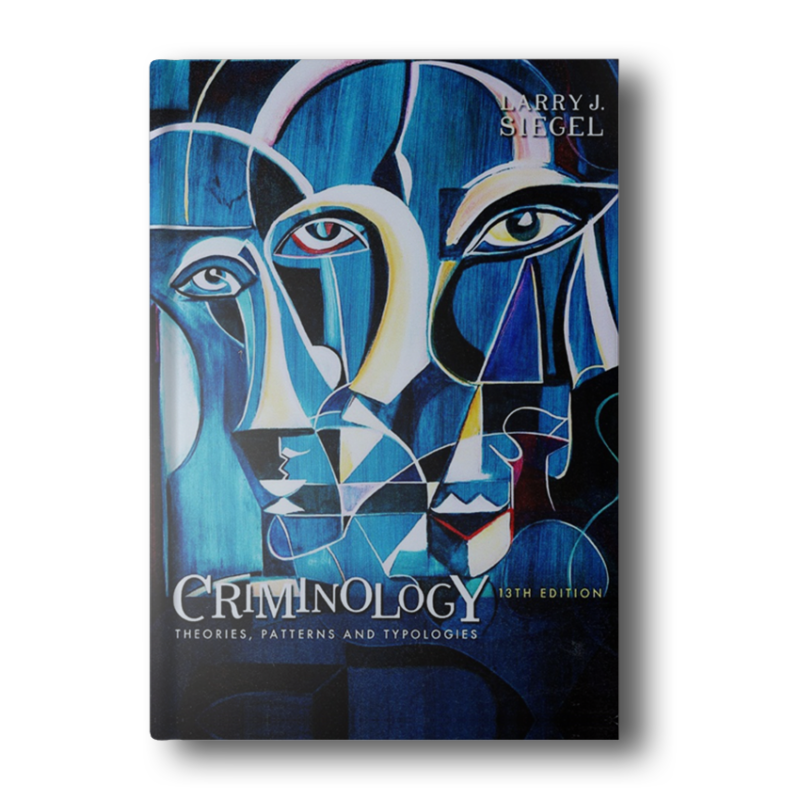

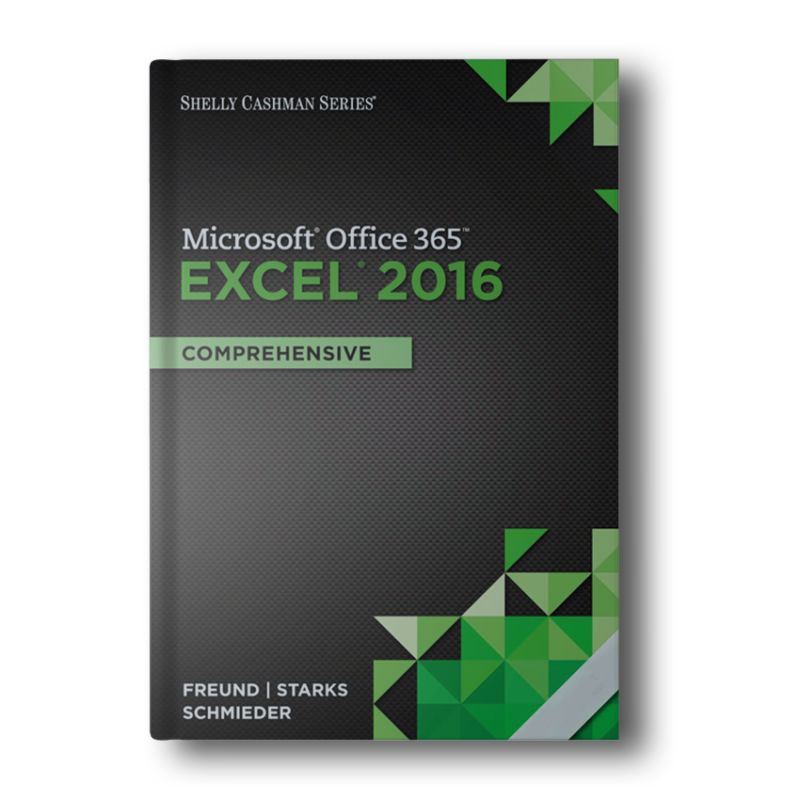

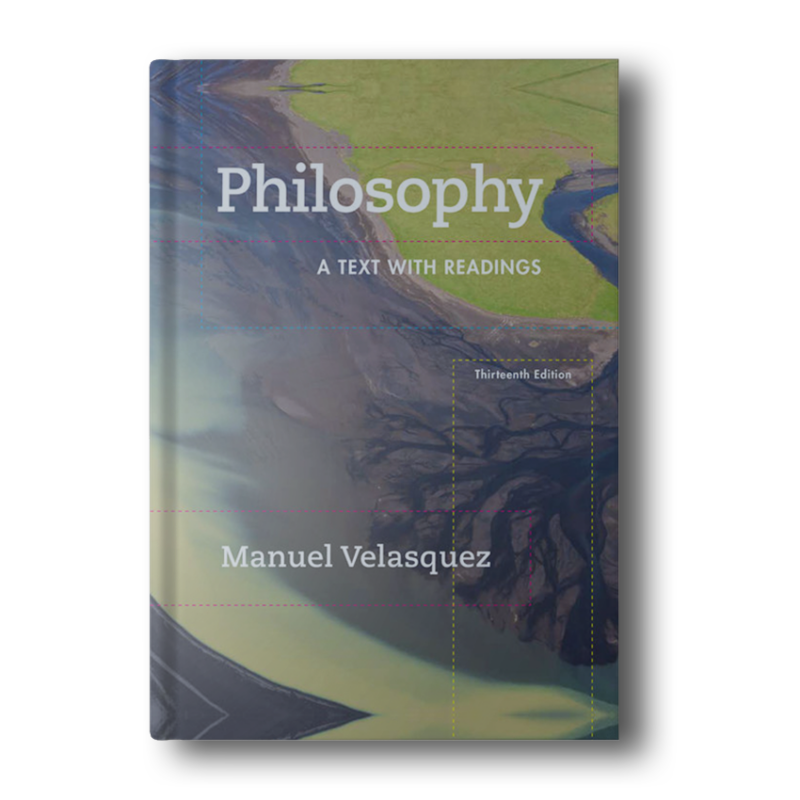
Reviews
Clear filtersThere are no reviews yet.